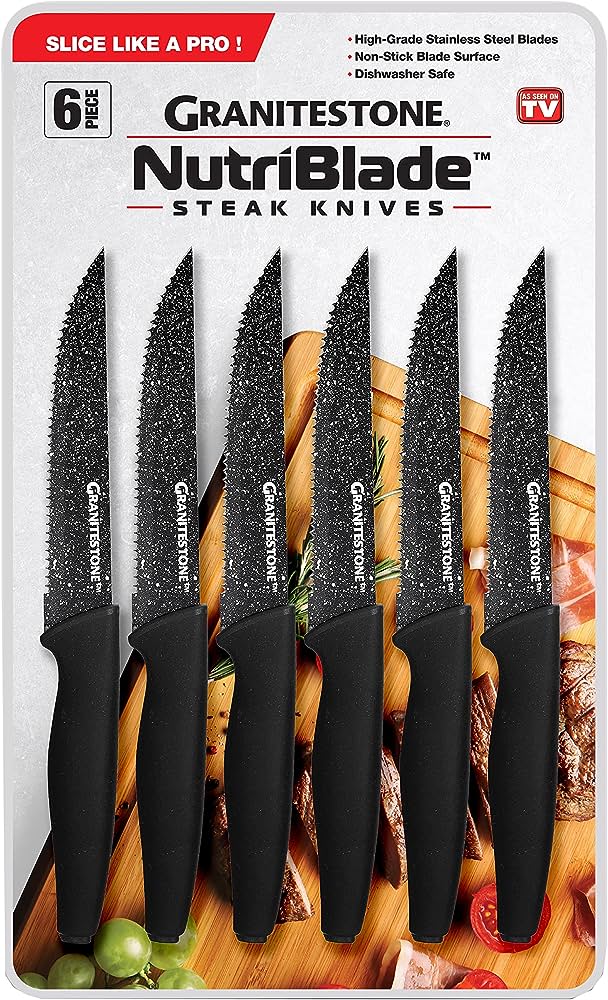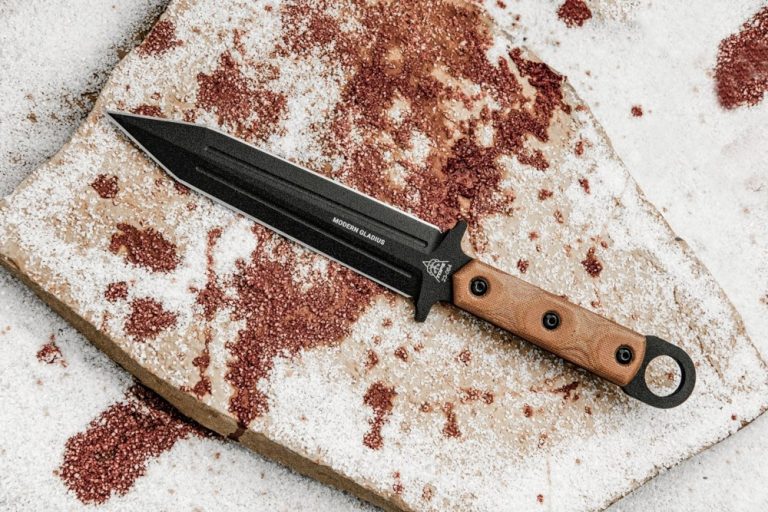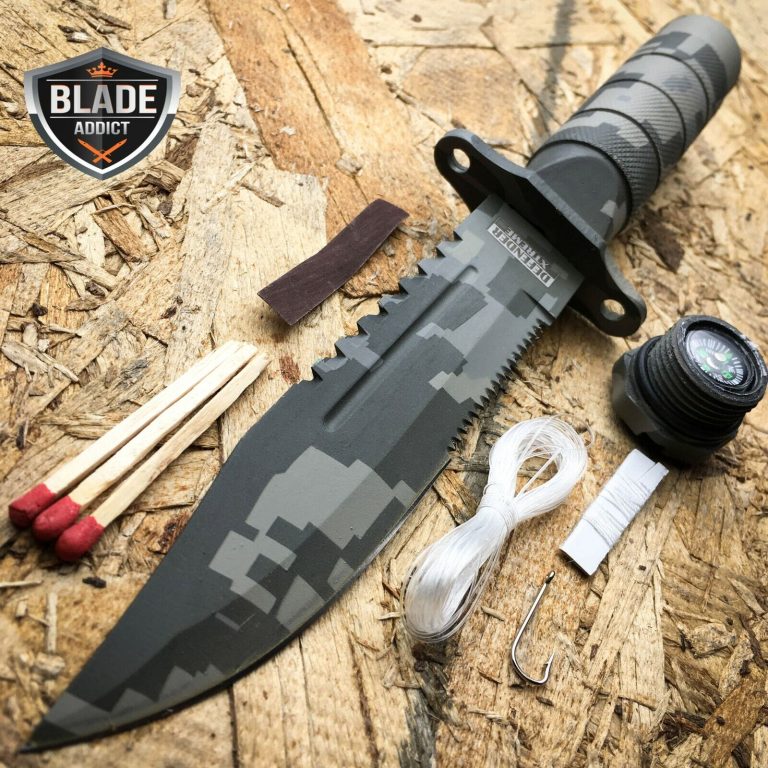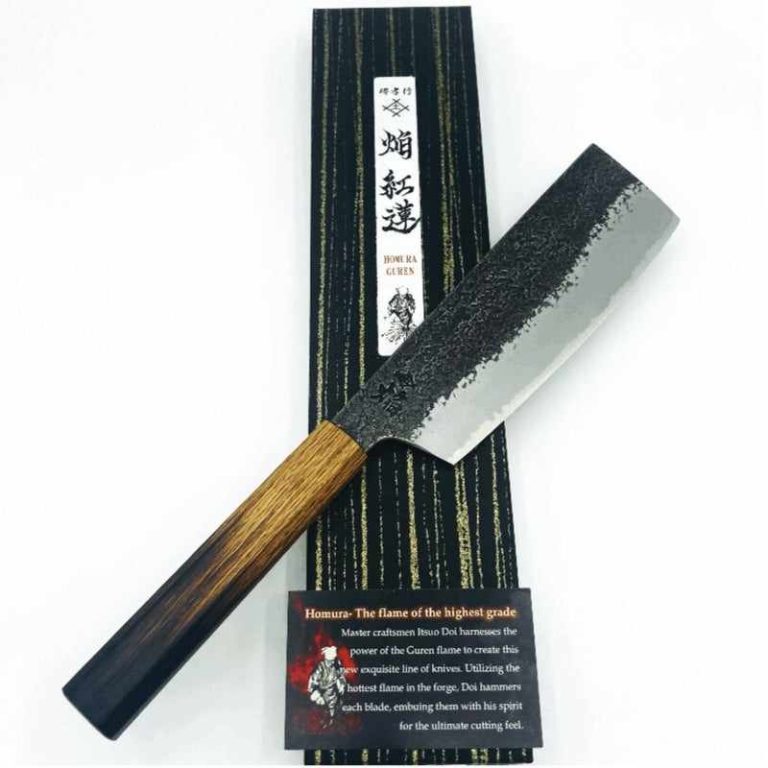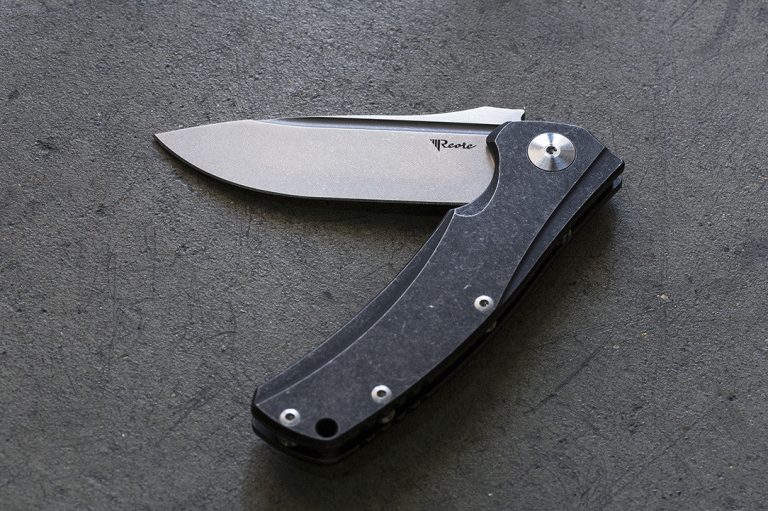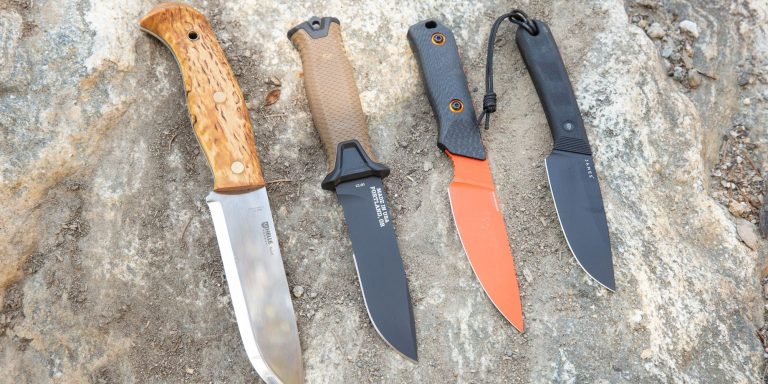Rust And Corrosion Prevention: Caring for Your Kitchen Knives
To prevent rust and corrosion on your kitchen knives, proper care is essential. When it comes to maintaining the longevity and performance of your kitchen knives, preventing rust and corrosion is crucial.
Taking proper care of your knives not only ensures their sharpness but also protects them from damage caused by rust and corrosion. We will explore effective tips and techniques to prevent rust and corrosion on your kitchen knives. By following these guidelines, you can ensure that your knives remain in excellent condition and serve you well for years to come.
Let’s dive in and discover how to care for your kitchen knives and keep them rust-free.
:max_bytes(150000):strip_icc()/why-you-never-put-knives-dishwasher-getty-0923-0d3704ee87d147c2b6b7aa6390f10d87.jpg)
Credit: www.marthastewart.com
Why Rust And Corrosion Prevention Matters
Understanding the impact of rust and corrosion on kitchen knives is essential for maintaining their quality and longevity. Rust and corrosion can significantly damage the blades, affecting their sharpness, functionality, and overall performance. By preventing rust and corrosion, you can ensure that your kitchen knives remain in optimal condition for a longer period.
Rust is a common problem that occurs when moisture comes into contact with the knife‘s metal surface. When rust builds up, it can cause pitting and staining, eventually compromising the knife’s structural integrity. Corrosion, on the other hand, refers to the gradual deterioration of the knife’s metal due to exposure to various elements, including water, acids, and salts.
To prevent rust and corrosion, it is important to keep your knives clean, dry, and properly stored. Regularly wash and dry the blades after each use, avoiding prolonged exposure to water. Applying a thin layer of food-grade mineral oil or using knife blade protectors can further protect against rust and corrosion.
| Prevention Tips |
|---|
| 1. Clean and dry knives thoroughly after use |
| 2. Store knives in a dry and moisture-free environment |
| 3. Apply a thin layer of food-grade mineral oil to protect against moisture |
| 4. Use knife blade protectors or store knives in a knife block |
| 5. Avoid cutting acidic or alkaline foods that can accelerate corrosion |
By prioritizing rust and corrosion prevention, you can extend the lifespan of your kitchen knives and ensure they remain reliable tools in your culinary endeavors.
Factors That Contribute To Rust And Corrosion
High moisture levels and exposure to water can significantly contribute to rust and corrosion on your kitchen knives. **Moisture** is the primary catalyst for the formation of rust, and when your knives come into **direct contact** with water, it accelerates the rusting process. Additionally, acidic or alkaline substances can cause corrosion on the blade’s surface, leading to damage. **Improper storage** and cleaning techniques can also contribute to rust and corrosion. It is crucial to **store your knives in a dry environment**, away from water sources and excessive humidity. **Clean your knives** promptly after use, ensuring no food particles or moisture remain. Regularly **inspect** your knives for any signs of rust or corrosion, and **address** these issues promptly to prevent further damage. By paying attention to these factors and adopting proper care and maintenance, you can **extend the lifespan** of your kitchen knives and keep them in excellent condition.
Proper Cleaning And Maintenance Techniques
Proper cleaning and maintenance techniques are essential for preventing rust and corrosion on your kitchen knives. Choosing the right cleaning materials and tools is the first step towards maintaining the longevity of your knives.
When cleaning your knives, it is important to use mild dish soap and warm water. Avoid harsh abrasives or scrub brushes that can damage the knife’s surface. Gently scrub the blade and handle to remove any food particles or residue.
After cleaning, thoroughly dry the knives with a soft cloth to prevent moisture from causing rust. It is crucial to store your knives in a safe and dry place to protect them from humidity and moisture. Consider using a knife block or blade guards to prevent contact with other utensils.
By following these proper cleaning and maintenance techniques, you can keep your kitchen knives in excellent condition and prevent rust and corrosion.
How To Choose The Right Knife For Rust And Corrosion Prevention
Rust and corrosion prevention is essential for maintaining the longevity of your kitchen knives. To choose the right knife that is resistant to rust, it is crucial to understand the different types of knife materials and their rust resistance.
Stainless steel knives are widely known for their resistance to rust. They consist of chromium, which forms a protective layer on the blade surface against oxidation. Additionally, Damascus steel knives offer excellent rust resistance due to their multiple layers and high carbon content.
When selecting knives, look for materials like high carbon stainless steel or laminated steel, as they have enhanced rust resistance. Avoid knives with high carbon content without any stainless steel elements, as they may be more prone to rust.
Keep in mind that proper maintenance is also crucial for preventing rust and corrosion. Always dry your knives thoroughly after use, avoid prolonged exposure to moisture, and store them in a dry environment to minimize the risk of rust formation.
By choosing the right knife materials and practicing good maintenance habits, you can ensure your kitchen knives stay rust-free and maintain their sharpness for years to come.
Best Practices For Knife Storage
Rust and corrosion prevention is crucial for maintaining the quality of your kitchen knives. Proper storage practices play a significant role in preventing damage and extending the lifespan of your knives. One of the best practices for knife storage is using a knife block or magnetic strip. These storage options not only keep your knives organized but also protect their edges from dulling.
When storing knives in drawers or knife rolls, it’s important to follow certain guidelines. Firstly, **never store knives loosely in a drawer** as they can collide with other utensils, causing damage. Instead, use a **knife tray or knife sheath** to keep them secure and protected. Additionally, **avoid overcrowding the drawer**, as it can lead to scratches and chips on the blades.
**Knife rolls** are another popular storage option, especially for chefs and culinary professionals. They provide a convenient and portable way to carry knives. However, it is essential to ensure that **each knife is properly sheathed** before placing it in the roll to prevent them from rubbing against each other and causing damage.
By following these best practices for knife storage, you can significantly reduce the risk of rust, corrosion, and damage to your kitchen knives, thereby ensuring their longevity and optimal performance.
Additional Tips For Rust And Corrosion Prevention
Additional Tips for Rust and Corrosion Prevention:
Regularly oiling your knives is a crucial step in preventing rust and corrosion. Applying a thin layer of food-grade mineral or blade oil helps create a protective barrier, keeping moisture away from the metal surface. This should be done after each use and especially before storing the knives for an extended period.
Using cutting boards made of non-corrosive materials, such as plastic or bamboo, can also help prevent rust. Avoid cutting directly on metal or ceramic surfaces, as this can damage the knife and expose it to moisture.
When cleaning your knives, opt for gentle detergents and avoid harsh chemicals or abrasive cleaning techniques. Use warm water, mild soap, and a soft cloth or sponge to remove any residue. Immediately dry the knives after cleaning to prevent moisture accumulation.
| Tips for Rust and Corrosion Prevention: |
|---|
| Regularly oil your knives with food-grade mineral or blade oil. |
| Use cutting boards made of non-corrosive materials. |
| Avoid harsh detergents and abrasive cleaning techniques. |
Conclusion
To keep your kitchen knives in pristine condition and prevent rust and corrosion, it is essential to follow proper care and maintenance practices. Regularly wash and dry your knives by hand, avoiding the dishwasher, as the harsh detergents and high temperatures can damage the blade.
Apply a thin coat of food-grade mineral oil to protect the metal from moisture and oxidation. Consider investing in a knife block or sheath to keep your knives safely stored and protected when not in use. Remember to sharpen your knives regularly to maintain their sharpness and edge retention.
By adopting these simple yet effective measures, you can extend the lifespan of your kitchen knives and ensure they continue to perform at their best. Embrace these practices as part of your kitchen routine, and you’ll enjoy the pleasure of using well-maintained and long-lasting knives for many meals to come.

